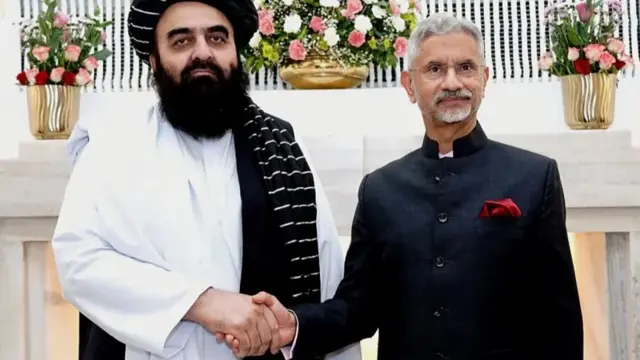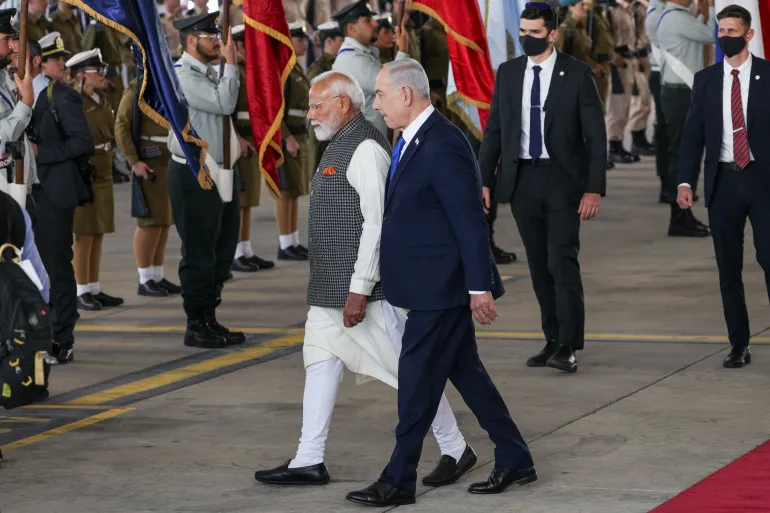Editorial
The Afghan Taliban have made a grave political and ideological miscalculation by seeking closer relations with India. Once celebrated across parts of the Muslim world as a Pan-Islamic resistance movement, the Taliban now risk diluting their Islamic identity and alienating their natural support base by aligning with a state known for its harsh treatment of Muslims.
India’s outreach to the Taliban may be driven by strategic calculation, but for the Taliban to reciprocate reveals a deeper political weakness. It contradicts the very foundation on which they built their legitimacy — defending Muslim solidarity and resisting Western and regional hegemony. India, under its current political climate, has witnessed rising Islamophobia, systemic marginalization of Muslims, and escalating religious intolerance. For a group claiming to represent Islamic resistance, embracing such a partner appears not just inconsistent but hypocritical.
This move will also damage the Taliban’s credibility among their supporters and ideological allies. Pakistan, which historically stood as Afghanistan’s closest ideological and logistical partner, now faces a Taliban leadership increasingly inclined toward India — a country that has long sought to curtail Pakistan’s regional influence. Such an alignment exposes the Taliban’s political opportunism rather than strategic prudence.
In the long run, ideological movements that abandon their founding principles for temporary political gains lose moral legitimacy and public trust. The Taliban’s pivot toward India undermines their Pan-Islamic identity and alienates the very Muslim solidarity they once championed. This strategic deviation not only erodes their moral standing but also jeopardizes their future as a credible Islamic political force.
















